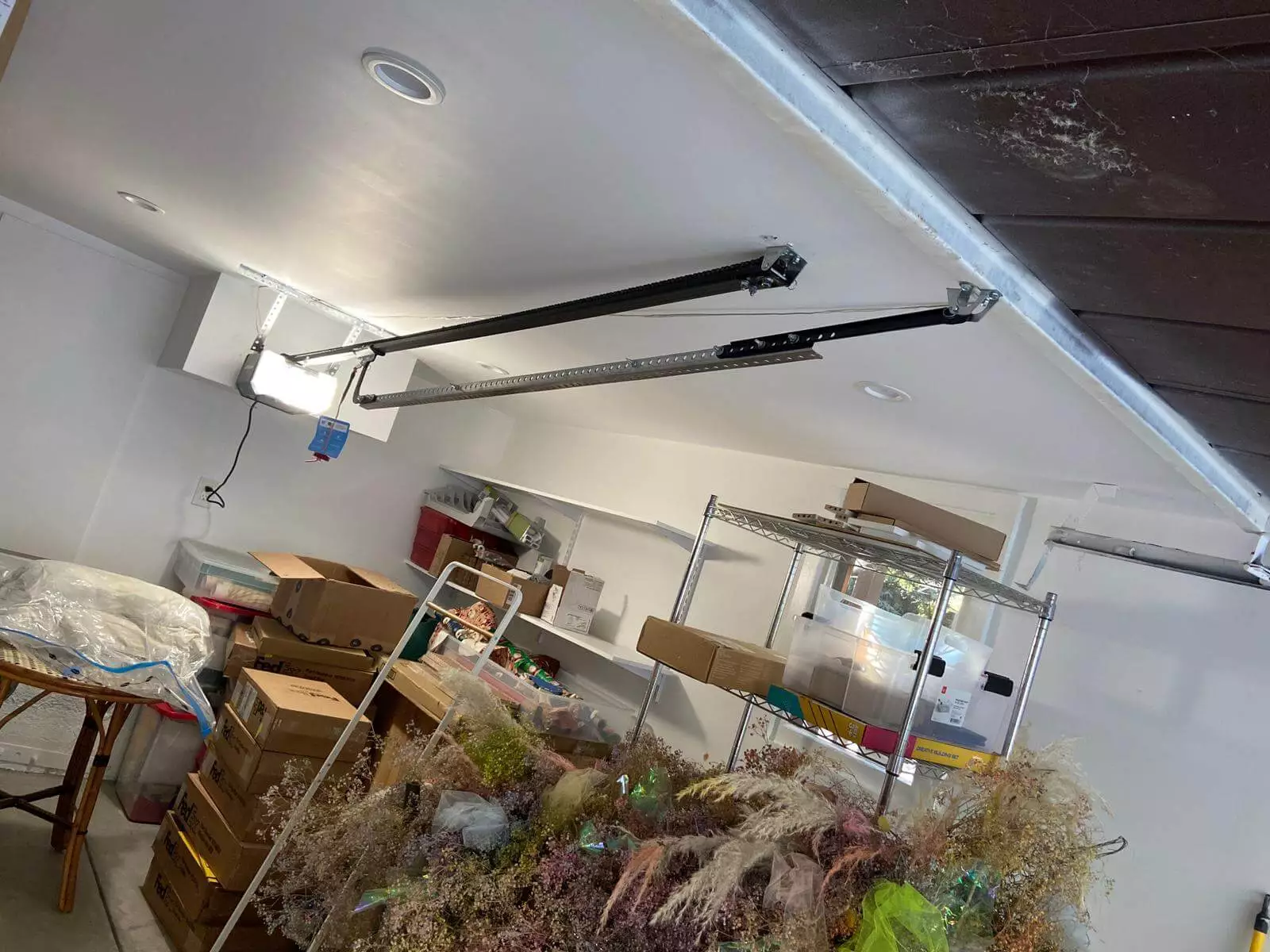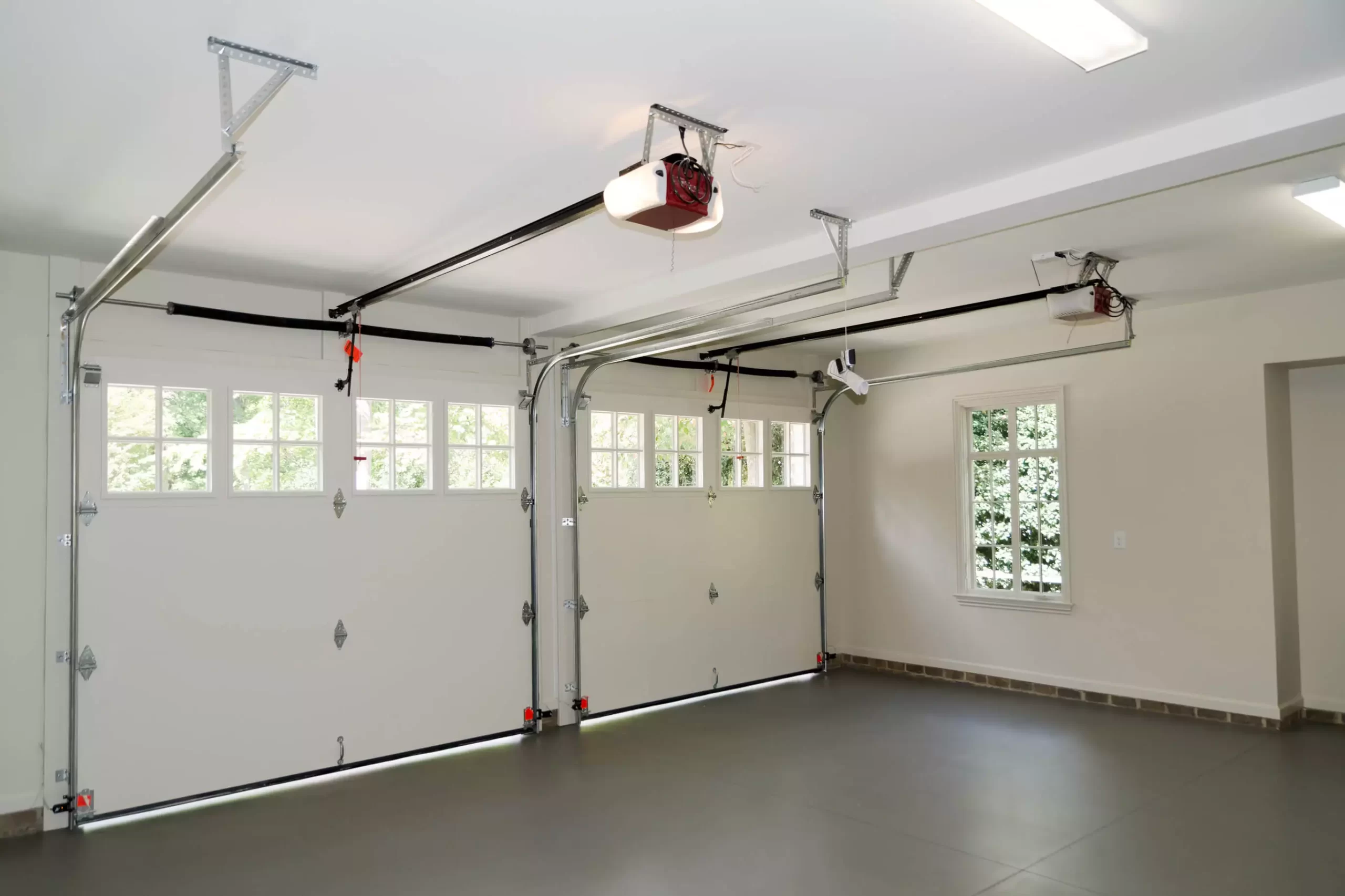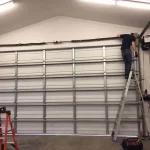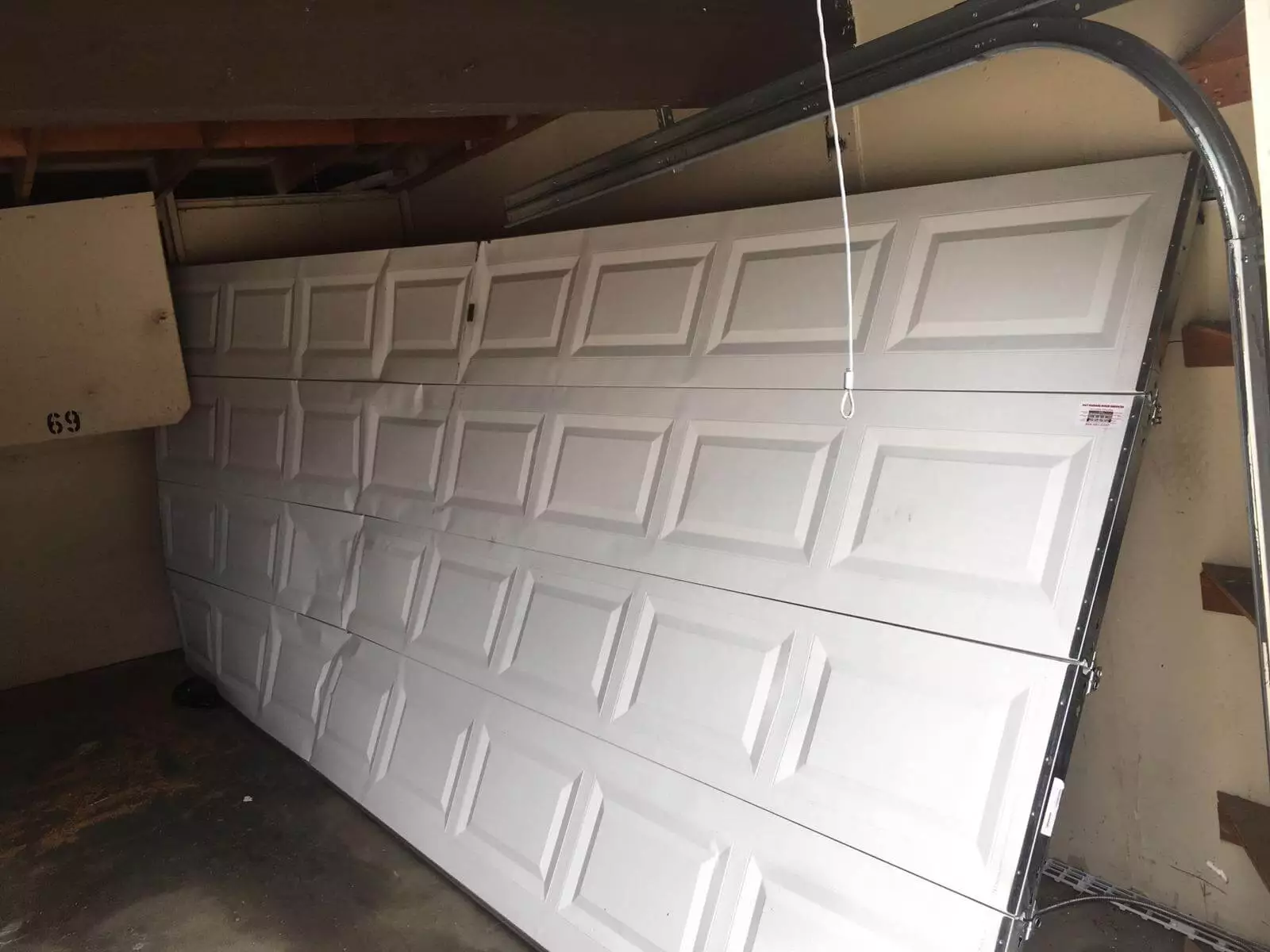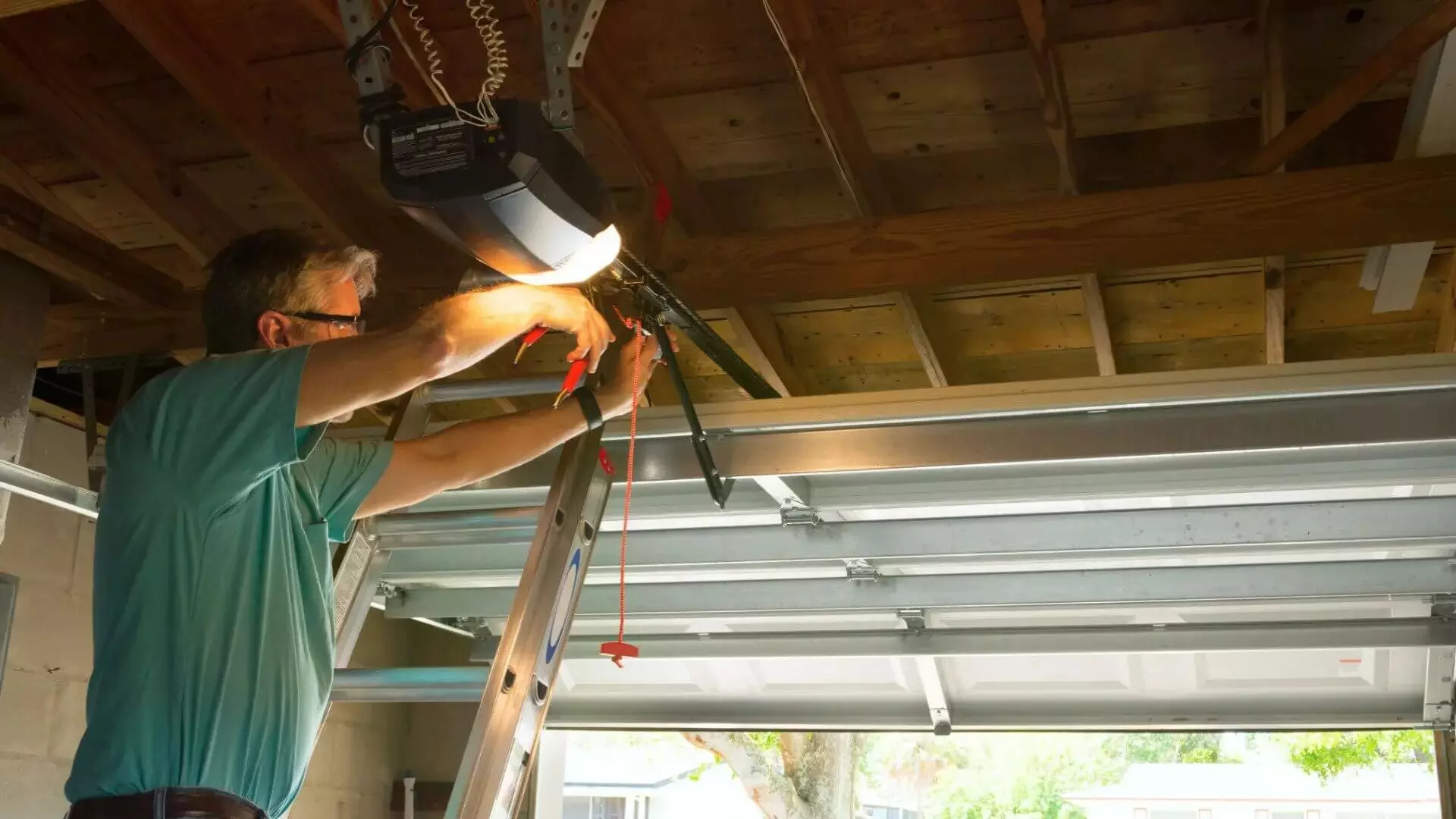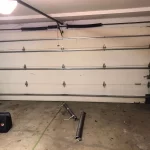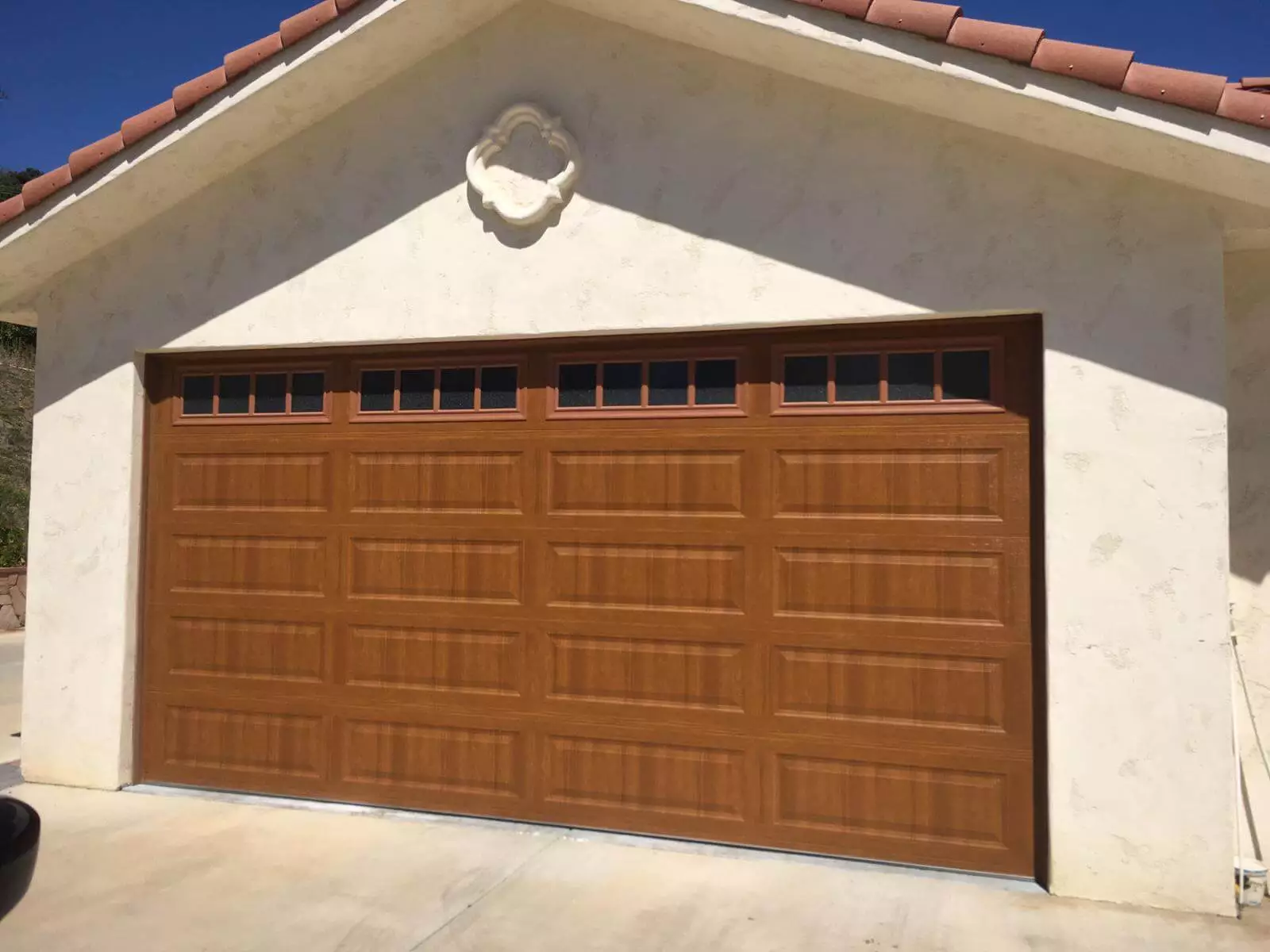Does your garage door opener sound more like a bag of angry mice than a helpful appliance? If it’s been making high-pitched squealing or screeching noises lately, fear not. Chances are it just needs a little TLC to get back to quiet operation. A loud, squealing garage door opener isn’t necessarily a sign of a major problem. Often some lubrication and minor adjustments is all that’s needed to silence the racket without requiring professional Garage Door Opener Repair in Highland Springs.
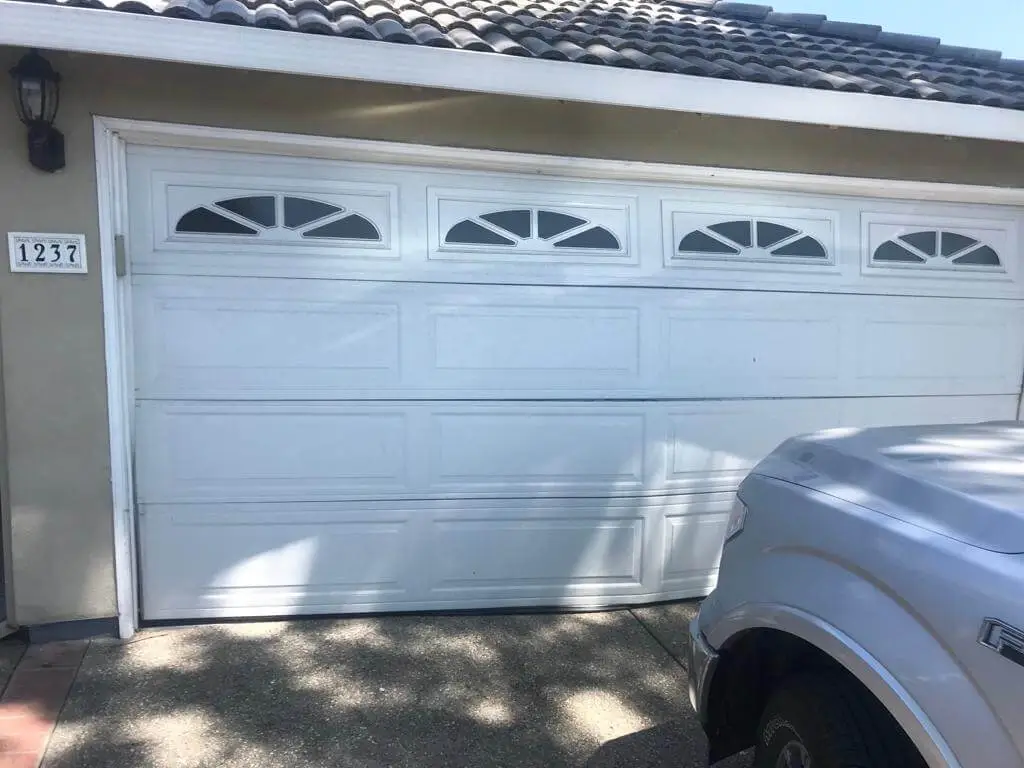
Content
Identify the Source
The first step is to isolate where exactly the noise is coming from. Open the garage door operator casing and listen closely while running the door up and down. Common culprits include Loose or misaligned pulleys, dry roller tracks, and corroded door springs. Pay special attention and apply lubricant or adjustments where you pinpoint the squeal.
Lube Up the Pulleys
A high pitched squeal usually means one of the nylon pulleys needs lubrication. They can dry out over time, especially in very hot or cold climates. Remove each pulley and wipe clean with a cloth. Then apply a few drops of lightweight machine oil, such as 3-in-1 or Tri-Flow, focusing on the grooves. Spin the pulleys by hand to distribute the oil evenly. Reinstall ensuring they spin freely without wobbling.
Tighten Pulley Alignment
If a pulley isn’t properly aligned or is too loose on its mounting bracket, it can cause a low grinding or screeching sound. Check that the pulley is firmly and squarely seated where it attaches without any play or wobbling. Slightly tighten any loose bolts or screws securing it as needed using a ratchet or wrench.
Smooth Out the Tracks
Keep the metal roller tracks greased so the door slides up and down smoothly. Wipe them clean with mineral spirits first to remove built-up dirt and residue. Then apply a lubricant made for metal surfaces, such as white lithium grease, focusing on the inner edges. Run the door a few times to distribute the lubricant along the entire length.
Loosen Door Tension
Over-tightened door springs put unnecessary strain on the entire system. Use the adjusting torsion bar or screws to relax the tension one notch at a time. Open and close the door after each adjustment to test. You want just enough tension so the door rises on its own without assistance, but is still easy to manually lift.
With some simple maintenance like lubrication and adjustments, you can often eliminate an annoyingly loud squealing garage door opener. Be methodical in isolating the exact source and applying the right fix. A little care goes a long way in keeping this important home system humming along quietly for many more years of service.

Frank Partnoy is a tech blogger who loves to share his thoughts about the latest gadgets and technology. He loves everything from smartphones, laptops, tablets and more!

